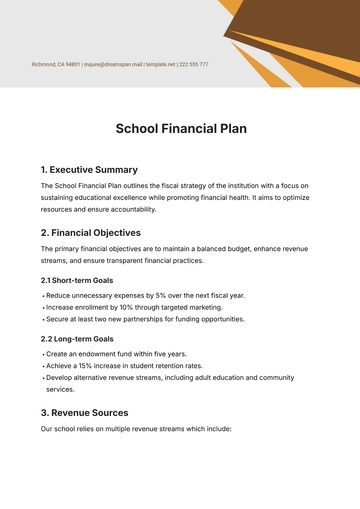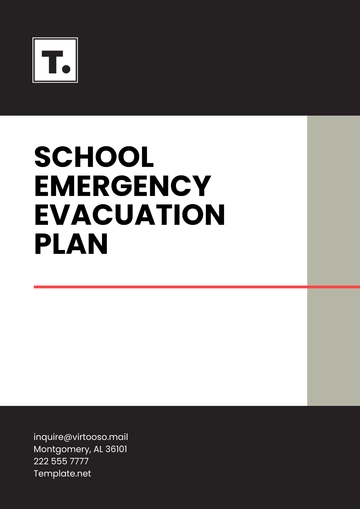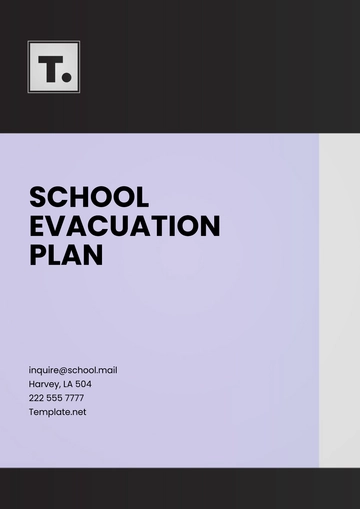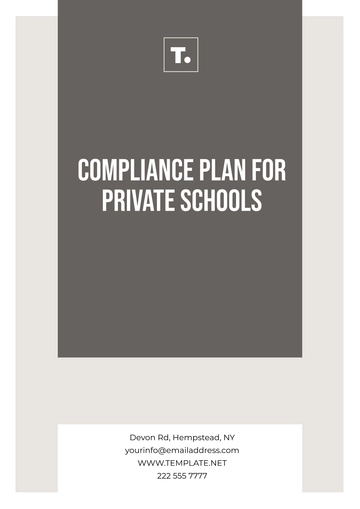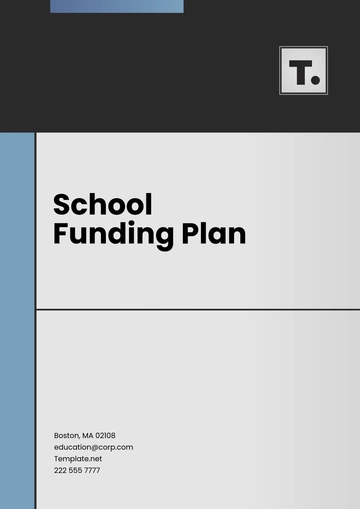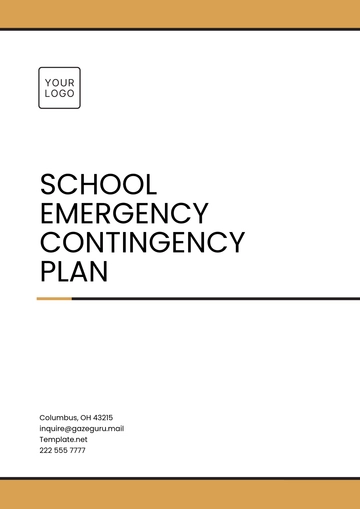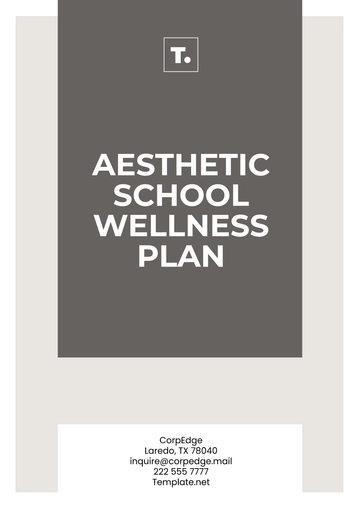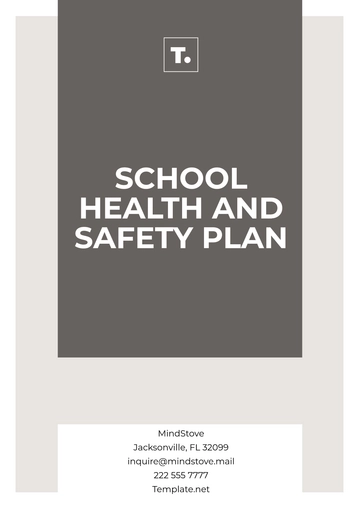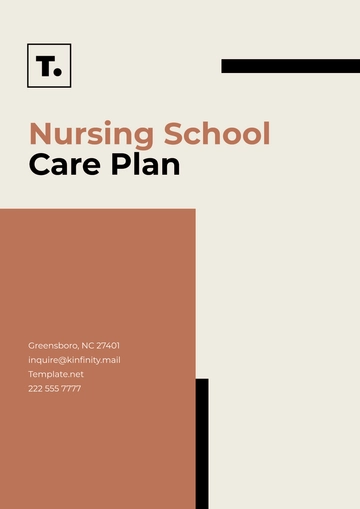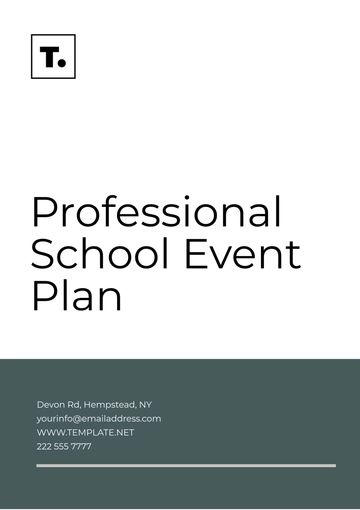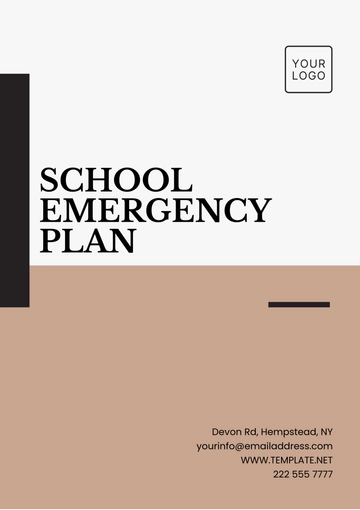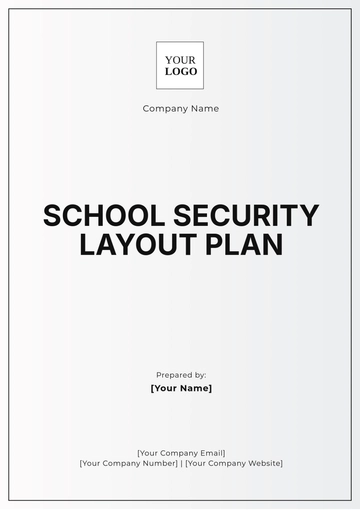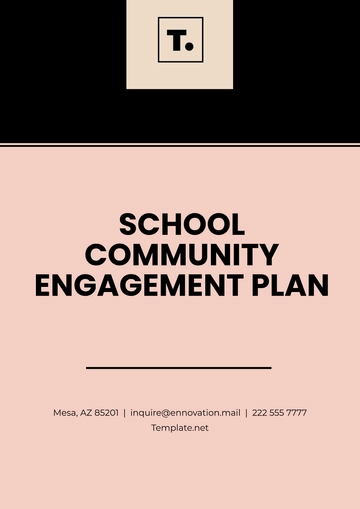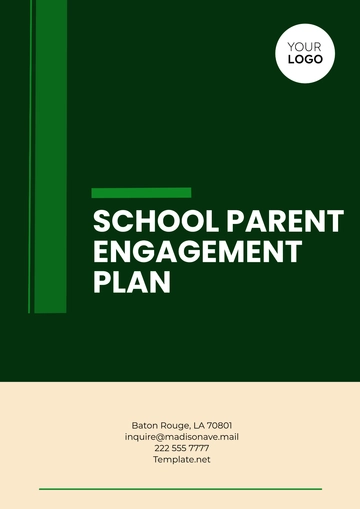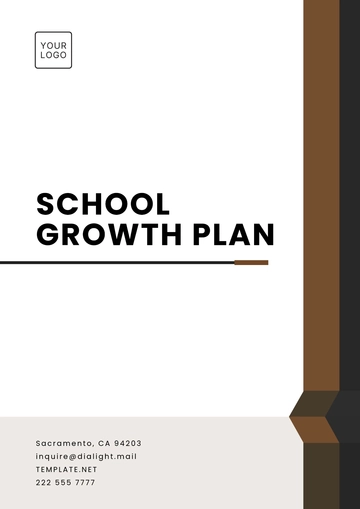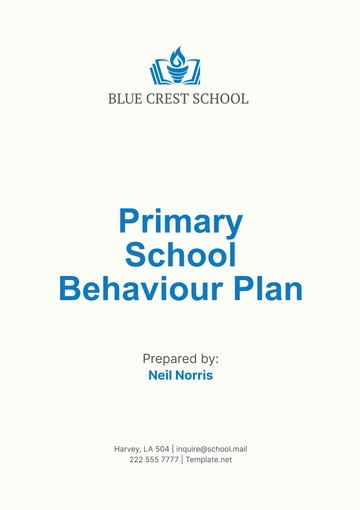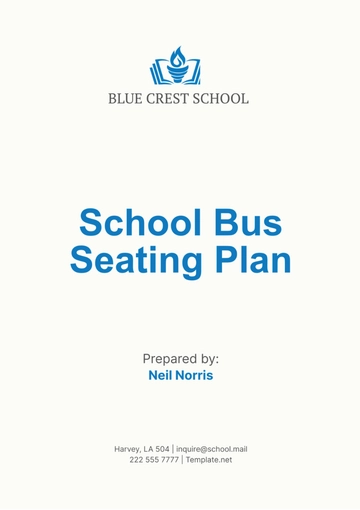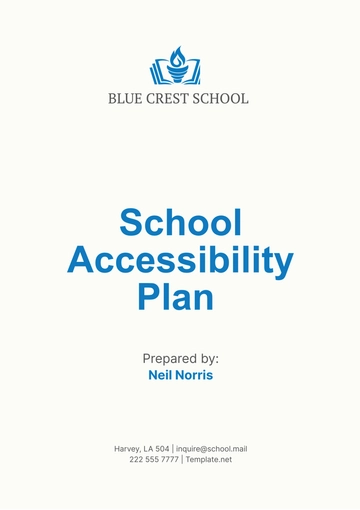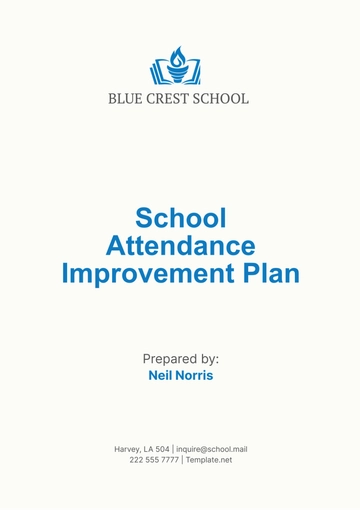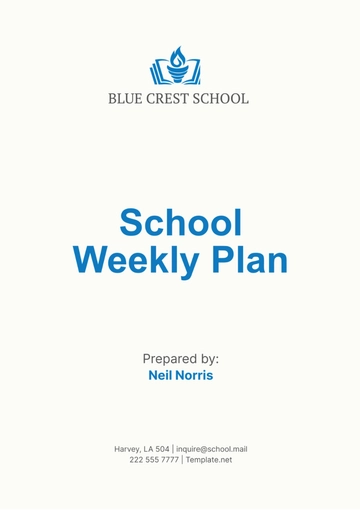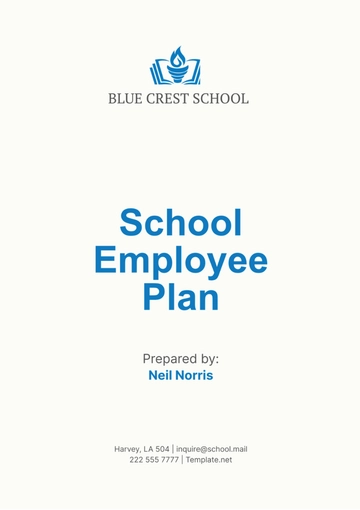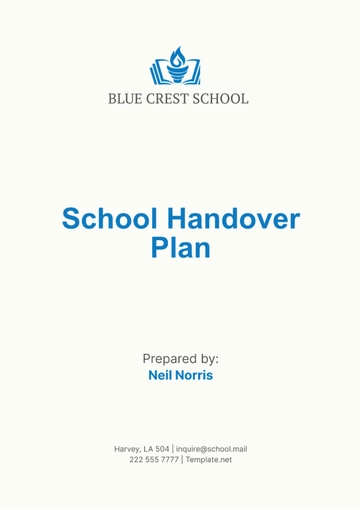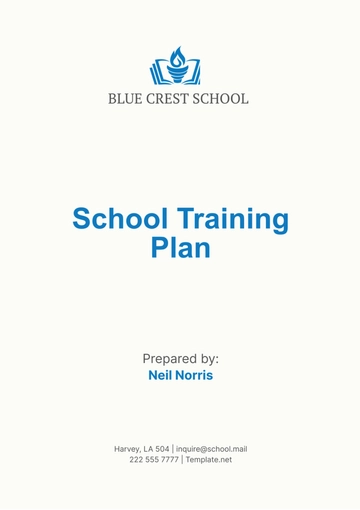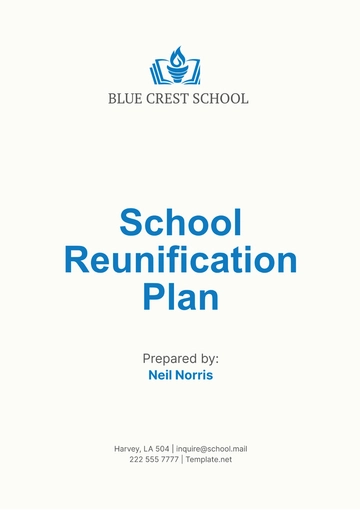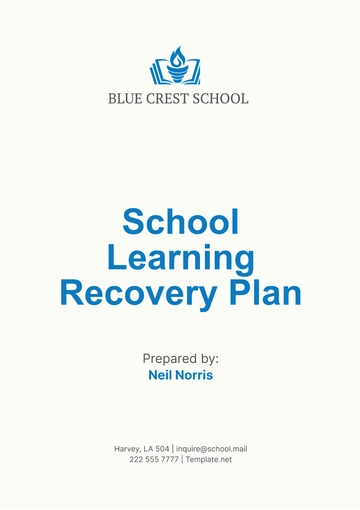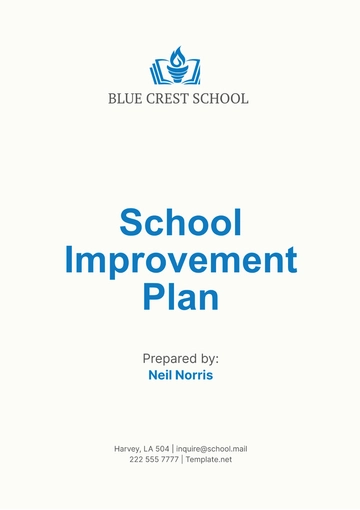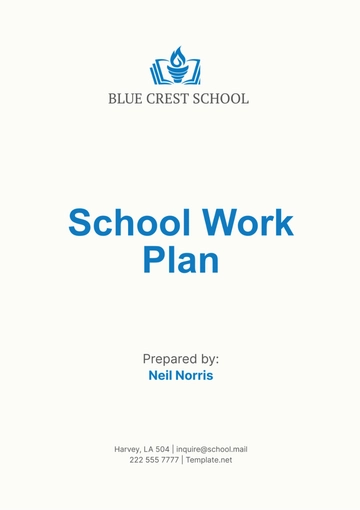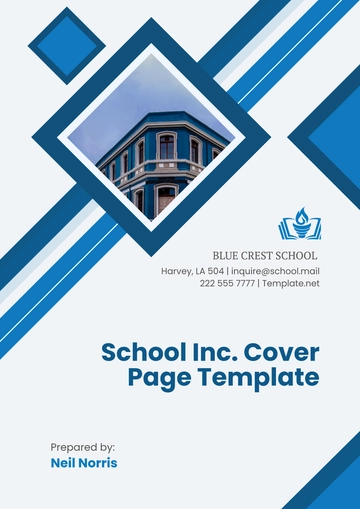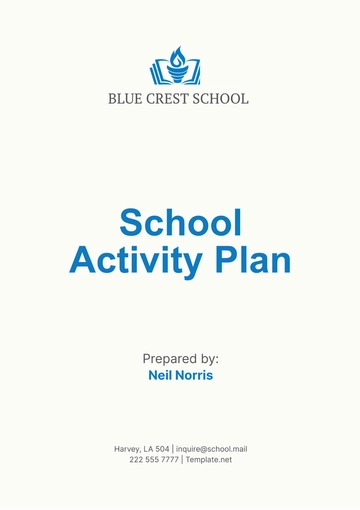Free School Learning Recovery Plan
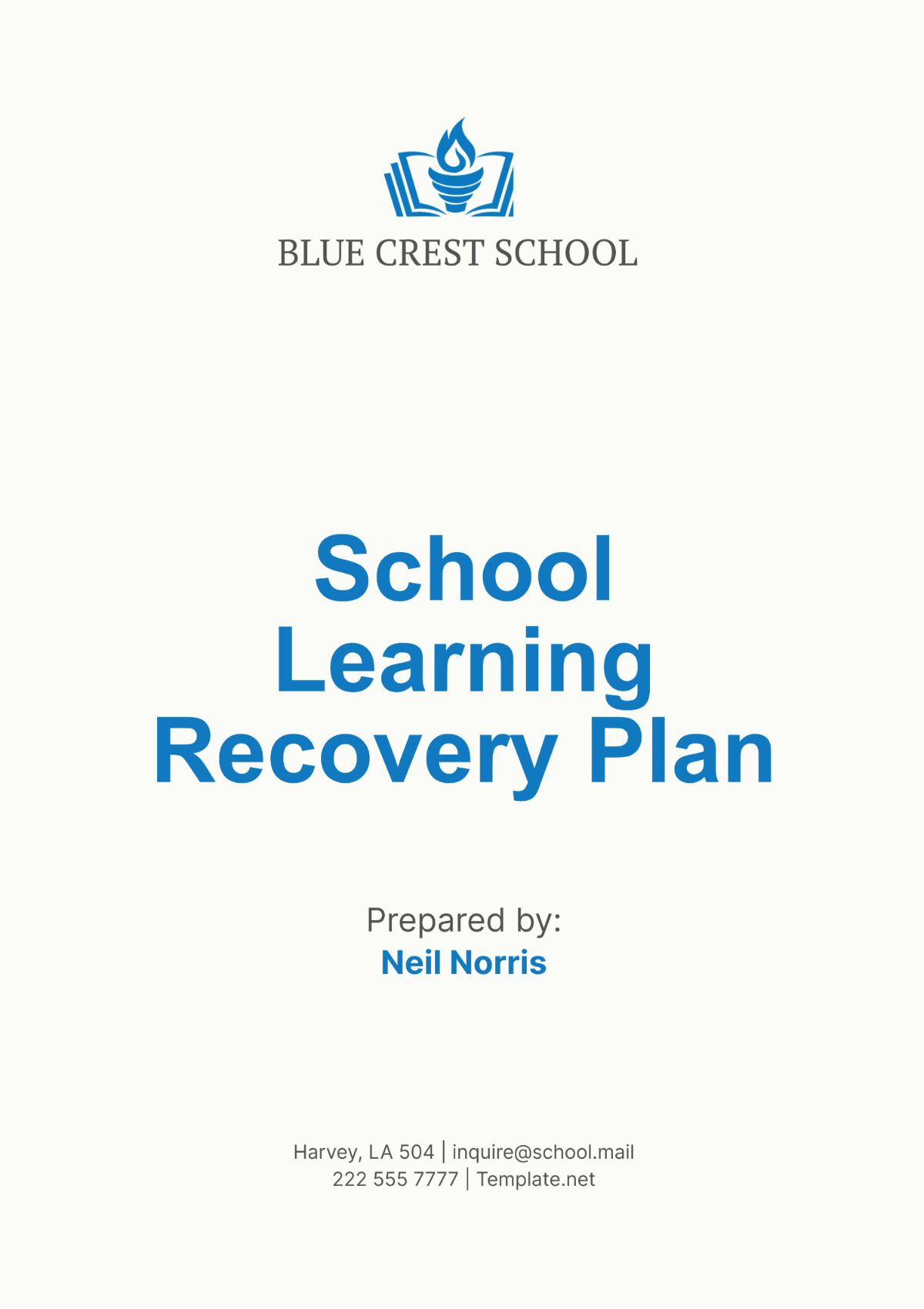
I. Introduction
Our School Learning Recovery Plan is designed to address the academic challenges faced by our students in the aftermath of the COVID-19 pandemic. The plan outlines our strategies for identifying and addressing learning gaps, providing targeted interventions, and ensuring that all students have the opportunity to succeed.
II. Assessment of Learning Loss
To assess the extent of learning loss, we will conduct a series of assessments at the beginning of the school year. These assessments will include standardized tests, teacher observations, and student work samples. The following table outlines our initial assessment timeline:
Assessment | Timeline |
|---|---|
Standardized Tests | First 2 weeks of school |
Teacher Observations | First month of school |
Student Work Samples | Throughout the semester |
III. Identifying Target Areas
A. Academic Subjects and Skills
Our plan will focus on key academic subjects and skills, including reading, math, science, and social studies. We will also prioritize foundational skills such as literacy and numeracy, which are essential for future learning.
B. Grade Levels Most Affected
We will target grade levels that have been most affected by the pandemic, including early elementary and middle school grades. These are critical years for developing fundamental skills and concepts.
C. Student Demographics
We will pay particular attention to students from underserved communities, English language learners, and students with disabilities, who may have been disproportionately impacted by the pandemic. The following table outlines the percentages of students in each category:
Our plan will include targeted interventions and support services to meet the needs of these student populations and ensure that they have equitable access to educational opportunities.
IV. Intervention Strategies
A. Tutoring and Supplemental Instruction
We will provide targeted tutoring and supplemental instruction to students who are struggling academically. This will include small group instruction, one-on-one tutoring, and online resources. Our goal is to provide personalized support to help students catch up on missed learning and master key concepts.
B. Extended Learning Time
To provide students with additional time to catch up on missed learning, we will extend the school day or provide additional days of instruction. This will allow students to receive extra support and practice to reinforce their learning.
C. Summer School Programs
We will offer summer school programs to provide additional academic support and enrichment opportunities for students. These programs will focus on remediation and reinforcement of key concepts to help students bridge learning gaps.
D. After-School Programs
We will offer after-school programs that focus on academic support, enrichment activities, and homework help. These programs will provide students with a safe and structured environment to receive additional support and engage in meaningful learning activities.
E. Remediation Plans
For students who are significantly behind academically, we will develop individualized remediation plans. These plans will outline specific goals, interventions, and progress monitoring strategies to help these students catch up and succeed academically.
V. Instructional Adjustments
A. Curriculum Modifications
We will modify the curriculum to focus on essential content and skills, ensuring that students have a solid foundation for future learning. This may include prioritizing key concepts, adjusting pacing guides, and integrating cross-curricular themes to make learning more meaningful and relevant to students.
B. Differentiated Instruction
We will use differentiated instruction to meet the diverse needs of our students. This may include adjusting the pace of instruction, providing additional support or challenge activities, and offering multiple ways for students to demonstrate their understanding. By tailoring instruction to individual learning styles and abilities, we can better meet the needs of all students.
C. Use of Educational Technology
We will leverage educational technology to enhance instruction and provide personalized learning experiences. This may include using online resources, interactive tools, and digital platforms to deliver content, provide practice opportunities, and assess student learning. Technology will be integrated thoughtfully and purposefully to support student engagement and achievement.
D. Focus on Core Competencies
We will prioritize the development of core competencies, such as critical thinking, problem-solving, communication, and collaboration skills. These skills are essential for academic success and lifelong learning. Instruction will be designed to promote the development of these competencies across all subject areas, ensuring that students are well-prepared for future academic and career endeavors.
VI. Support for Teachers
A. Professional Development Opportunities
We will provide teachers with ongoing professional development opportunities to enhance their instructional skills and strategies for supporting students with diverse learning needs. These opportunities may include:
Workshops and seminars on effective teaching practices
Training sessions on using educational technology
Courses on cultural competency and equity in education
Opportunities to attend conferences and professional learning communities
B. Collaborative Planning Time
Teachers will be given dedicated time for collaborative planning to discuss student progress, share best practices, and develop instructional strategies. This time will allow teachers to work together to address the needs of individual students and plan differentiated instruction.
C. Access to Resources and Materials
Teachers will have access to a variety of resources and materials to support their instruction, including:
Curriculum guides and lesson plans
Teaching aids and manipulatives
Educational technology tools and software
Books, articles, and other reference materials
D. Mentorship and Coaching
New and experienced teachers will have access to mentorship and coaching programs to support their professional growth. Mentors will provide guidance, feedback, and support to help teachers improve their practice and navigate challenges in the classroom.
VII. Student Support Services
A. Counseling and Mental Health Support
We will provide counseling and mental health support services to help students cope with the emotional impact of the pandemic and address any barriers to learning. This support will be offered through:
Individual and group counseling sessions
Mental health screenings and assessments
Referrals to external mental health providers
Social-emotional learning programs
B. Special Education Services
Students with disabilities will receive the support and accommodations they need to succeed academically. This support will be provided through:
Individualized Education Plans (IEPs) that outline specific goals and interventions
Access to special education teachers and support staff
Modifications to curriculum and instruction to meet individual needs
Collaboration with parents and outside agencies to provide comprehensive support
C. English Language Learner Support
English Language Learners (ELLs) will receive additional support to help them develop their language skills and succeed academically. This support will be provided through:
English as a Second Language (ESL) classes
Sheltered instruction in content areas
Language support services, such as translation and interpretation
Cultural competency training for teachers and staff
D. Family and Community Engagement
We will engage families and the community in our efforts to support student learning. This will include:
Providing resources and information to help parents support their children at home
Hosting family engagement events and workshops
Collaborating with community organizations to provide additional support and resources
Soliciting feedback from families and community members to inform our practices and initiatives
VIII. Budget Allocation
Our budget for implementing the School Learning Recovery Plan is as follows:
Category | Amount |
|---|---|
Tutoring and Instructional Support | $50,000 |
Extended Learning Time | $20,000 |
Summer School Programs | $30,000 |
After-School Programs | $15,000 |
Professional Development | $10,000 |
Technology Integration | $25,000 |
Student Support Services | $40,000 |
Family and Community Engagement | $5,000 |
Total | $195,000 |
IX. Timeline for Implementation
Our timeline for implementing the School Learning Recovery Plan is as follows:
Step | Timeline | Responsibility |
|---|---|---|
Assess Learning Loss | ||
Identify Target Areas | ||
Develop Interventions | ||
Implement Interventions | ||
Monitor Progress | ||
Evaluate Effectiveness |
X. Call to Action
As we embark on this journey to support student learning and recovery, we call on all stakeholders—teachers, parents, students, and the community—to join us in this important work. Together, we can make a difference in the lives of our students and ensure that they have the opportunity to succeed academically. Let us work together to build a brighter future for all.
- 100% Customizable, free editor
- Access 1 Million+ Templates, photo’s & graphics
- Download or share as a template
- Click and replace photos, graphics, text, backgrounds
- Resize, crop, AI write & more
- Access advanced editor
Template.net introduces a School Learning Recovery Plan Template designed to assist schools in addressing learning gaps post-pandemic. This customizable template is editable in our AI Editor tool, enabling schools to tailor it to their specific needs. With Template.net's School Learning Recovery Plan template, schools can effectively support student learning and recovery efforts.
You may also like
- Finance Plan
- Construction Plan
- Sales Plan
- Development Plan
- Career Plan
- Budget Plan
- HR Plan
- Education Plan
- Transition Plan
- Work Plan
- Training Plan
- Communication Plan
- Operation Plan
- Health And Safety Plan
- Strategy Plan
- Professional Development Plan
- Advertising Plan
- Risk Management Plan
- Restaurant Plan
- School Plan
- Nursing Home Patient Care Plan
- Nursing Care Plan
- Plan Event
- Startup Plan
- Social Media Plan
- Staffing Plan
- Annual Plan
- Content Plan
- Payment Plan
- Implementation Plan
- Hotel Plan
- Workout Plan
- Accounting Plan
- Campaign Plan
- Essay Plan
- 30 60 90 Day Plan
- Research Plan
- Recruitment Plan
- 90 Day Plan
- Quarterly Plan
- Emergency Plan
- 5 Year Plan
- Gym Plan
- Personal Plan
- IT and Software Plan
- Treatment Plan
- Real Estate Plan
- Law Firm Plan
- Healthcare Plan
- Improvement Plan
- Media Plan
- 5 Year Business Plan
- Learning Plan
- Marketing Campaign Plan
- Travel Agency Plan
- Cleaning Services Plan
- Interior Design Plan
- Performance Plan
- PR Plan
- Birth Plan
- Life Plan
- SEO Plan
- Disaster Recovery Plan
- Continuity Plan
- Launch Plan
- Legal Plan
- Behavior Plan
- Performance Improvement Plan
- Salon Plan
- Security Plan
- Security Management Plan
- Employee Development Plan
- Quality Plan
- Service Improvement Plan
- Growth Plan
- Incident Response Plan
- Basketball Plan
- Emergency Action Plan
- Product Launch Plan
- Spa Plan
- Employee Training Plan
- Data Analysis Plan
- Employee Action Plan
- Territory Plan
- Audit Plan
- Classroom Plan
- Activity Plan
- Parenting Plan
- Care Plan
- Project Execution Plan
- Exercise Plan
- Internship Plan
- Software Development Plan
- Continuous Improvement Plan
- Leave Plan
- 90 Day Sales Plan
- Advertising Agency Plan
- Employee Transition Plan
- Smart Action Plan
- Workplace Safety Plan
- Behavior Change Plan
- Contingency Plan
- Continuity of Operations Plan
- Health Plan
- Quality Control Plan
- Self Plan
- Sports Development Plan
- Change Management Plan
- Ecommerce Plan
- Personal Financial Plan
- Process Improvement Plan
- 30-60-90 Day Sales Plan
- Crisis Management Plan
- Engagement Plan
- Execution Plan
- Pandemic Plan
- Quality Assurance Plan
- Service Continuity Plan
- Agile Project Plan
- Fundraising Plan
- Job Transition Plan
- Asset Maintenance Plan
- Maintenance Plan
- Software Test Plan
- Staff Training and Development Plan
- 3 Year Plan
- Brand Activation Plan
- Release Plan
- Resource Plan
- Risk Mitigation Plan
- Teacher Plan
- 30 60 90 Day Plan for New Manager
- Food Safety Plan
- Food Truck Plan
- Hiring Plan
- Quality Management Plan
- Wellness Plan
- Behavior Intervention Plan
- Bonus Plan
- Investment Plan
- Maternity Leave Plan
- Pandemic Response Plan
- Succession Planning
- Coaching Plan
- Configuration Management Plan
- Remote Work Plan
- Self Care Plan
- Teaching Plan
- 100-Day Plan
- HACCP Plan
- Student Plan
- Sustainability Plan
- 30 60 90 Day Plan for Interview
- Access Plan
- Site Specific Safety Plan
